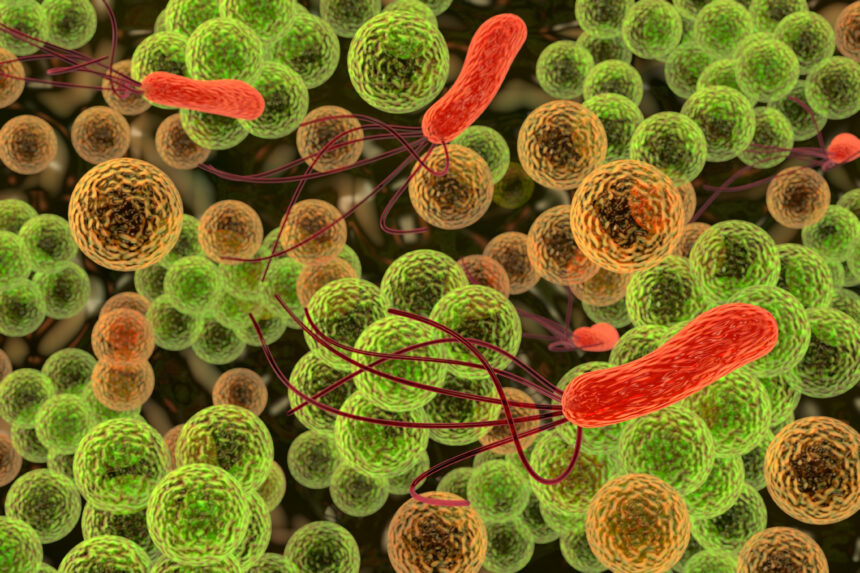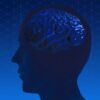According to a team led by scientists from Johns Hopkins Medicine, they were able to isolate a specific type of intestinal immune cell that modulates the gut microbiome and, by extension, may influence brain functions associated with stress-induced disorders like depression in mice and humans. New treatments for depression may emerge if drugs or other therapies are developed to target changes mediated by these immune cells in the gut.
The study’s results were released in Nature Immunology on March 20, 2023.
According to researchers: “We show that reduction in specific Lactobacillus species, which are involved in T cell differentiation to protect the host immune system, contributes to stress-induced social-avoidance behavior, consistent with our observations in patients with depression. Stress-susceptible behaviors derive from increased differentiation in colonic interleukin (IL)-17-producing γδ T cells (γδ17 T cells) and their meningeal accumulation.”
“These stress-susceptible cellular and behavioral phenotypes are causally mediated by dectin-1, an innate immune receptor expressed in γδ T cells,” the study reads.”
“Our results highlight the previously unrecognized role of intestinal γδ17 T cells in the modulation of psychological stress responses and the importance of dectin-1 as a potential therapeutic target for the treatment of stress-induced behaviors.”


